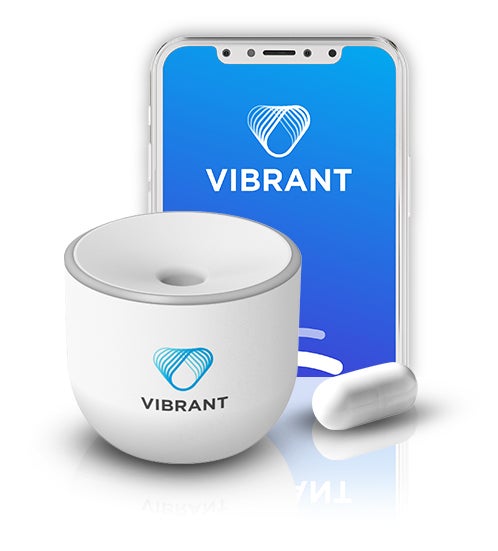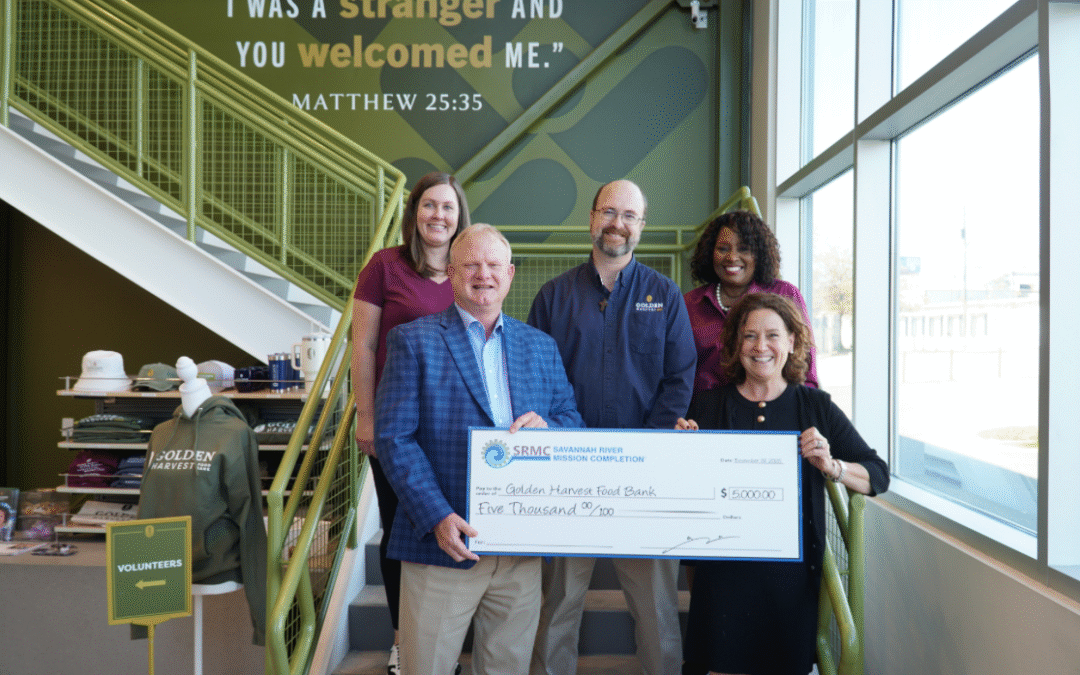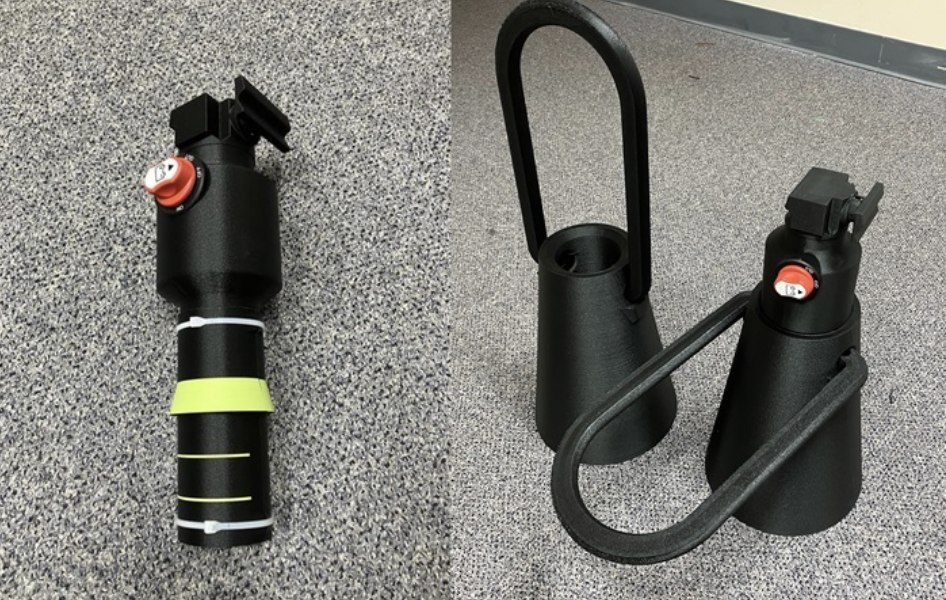The Food and Drug Administration has approved marketing for a first of its kind device to treat chronic idiopathic constipation and a doctor at Augusta University Health assisted with the clinical trial.
The Vibrant System is not a drug. It is an orally administered, vibrating capsule and pod that controls the capsule.
Dr. Satish Rao said between 20 and 40 million American suffer with chronic constipation that does not respond to available laxative treatments.
“Many of them have a lazy colon or a colon that doesn’t move stool in an efficient and orderly manner,” he said. “What this pill does is it gently agitates or vibrates inside the body. It doesn’t vibrate continuously. It vibrates for up to two hours, then it stops and then it vibrates for another two hours. And we showed significant improvement in what we call complete spontaneous bowel movement rate compared to the placebo capsule.”
Rao said the company, Vibrant Gastro, Inc., had started working on the system more than 10 years ago. Although early trials yielded useful information, none reached goals the researchers were trying to achieve.
MORE: CDC opens pilot program to improve monkeypox vaccine distribution
They approached Rao in 2016 and he joined the study team.
“I think once we got all the signals properly done, then they were getting ready to do a phase three. So that is a study that I got involved in a big way, advising them how to design this whole study properly,” he said. “We actually completed in about 90 centers across the U.S. I was one of the lead authors and lead investigator in that study. And so that is how we completed the study. And the results came and here we are.”
Information posted to the company’s website said more than 300 patients participated in the third clinical trial.
“The pivotal trial’s outcomes demonstrated superiority with respect to both the proportion of patients with at least 1 additional complete spontaneous bowel movement per week compared to baseline, 40.51% in the treatment arm, compared to 22.92% in the control arm, a difference of 17.6 and at least 2 additional complete bowel movements per week, 23.42% in the treatment arm, compared to 11.81% in the control arm, a difference of 10.0%.”
Rao said the clinical trial results were dramatic, one of the best he has seen in the last 20 to 25 years.
“Our vision is to accelerate the transition to drug-free treatments that enable millions of constipation patients to live more enjoyable lives by inventing solutions that synchronize and activate the body’s natural gut-brain connection,” said Lior Ben Tsur, Vibrant Gastro CEO. “Millions of chronic idiopathic constipation patients continue to use laxatives chronically with little to no relief of their recurring symptoms.”
This treatment must be prescribed by a doctor, but patients use the device at home.
“So, they need the first visit at a doctor’s office where they need some training, to know how to, you know, use the capsule,” Rao said. “Everybody takes one capsule at bedtime, typically around eight to 10 o’clock. So, it’s program to come on 16 hours later. And then it’ll agitate for two hours, stop. And then two more hours, and then it’s done. And then you’ll poop it out.”
It was not until 2006 that the FDA started approving prescription drugs specifically for constipation.
“But tolerability has been a problem,” Rao said. “So many people, either because of the side effects of those compounds, or the unpredictable effects of some of them, they give very quick diarrhea, so they’re not able to take it because ‘Hey, how do I go to work if I’m going to have this problem?’”
MORE: West Nile Virus reported in Georgia and South Carolina
Rao said the millions suffering from chronic constipation look healthy, but many are unable to function, to live a full life.
“They are not able to do their activities of daily living, whether it is interacting with families, you know, making social outings, many of them lose time at work, they lose jobs, sometimes because of this. They go doctor to doctor to doctor trying to find help for them. They’re reading on the internet every night. Imagine spending two, three to four hours in the toilet. That is not uncommon in my patients. So, your life revolves around the restroom. And that is not a life people feel is worth valuable living,” he said.
Distribution of the device is still being worked out, so it is not yet available for doctors to prescribe. Rao anticipates logistics will be resolved and the Vibrant System will be available in early 2023 bringing relief, and something extra to patients.
“I think it brings a significant hope, I really think it brings a significant hope,” he said.
More information is available at https://www.vibrantgastro.com/
Dana Lynn McIntyre is a general assignment reporter for The Augusta Press. Reach her at dana@theaugustapress.com











